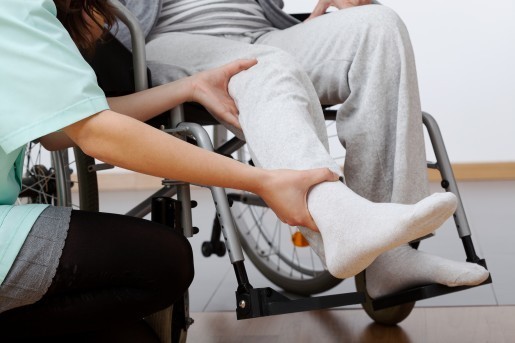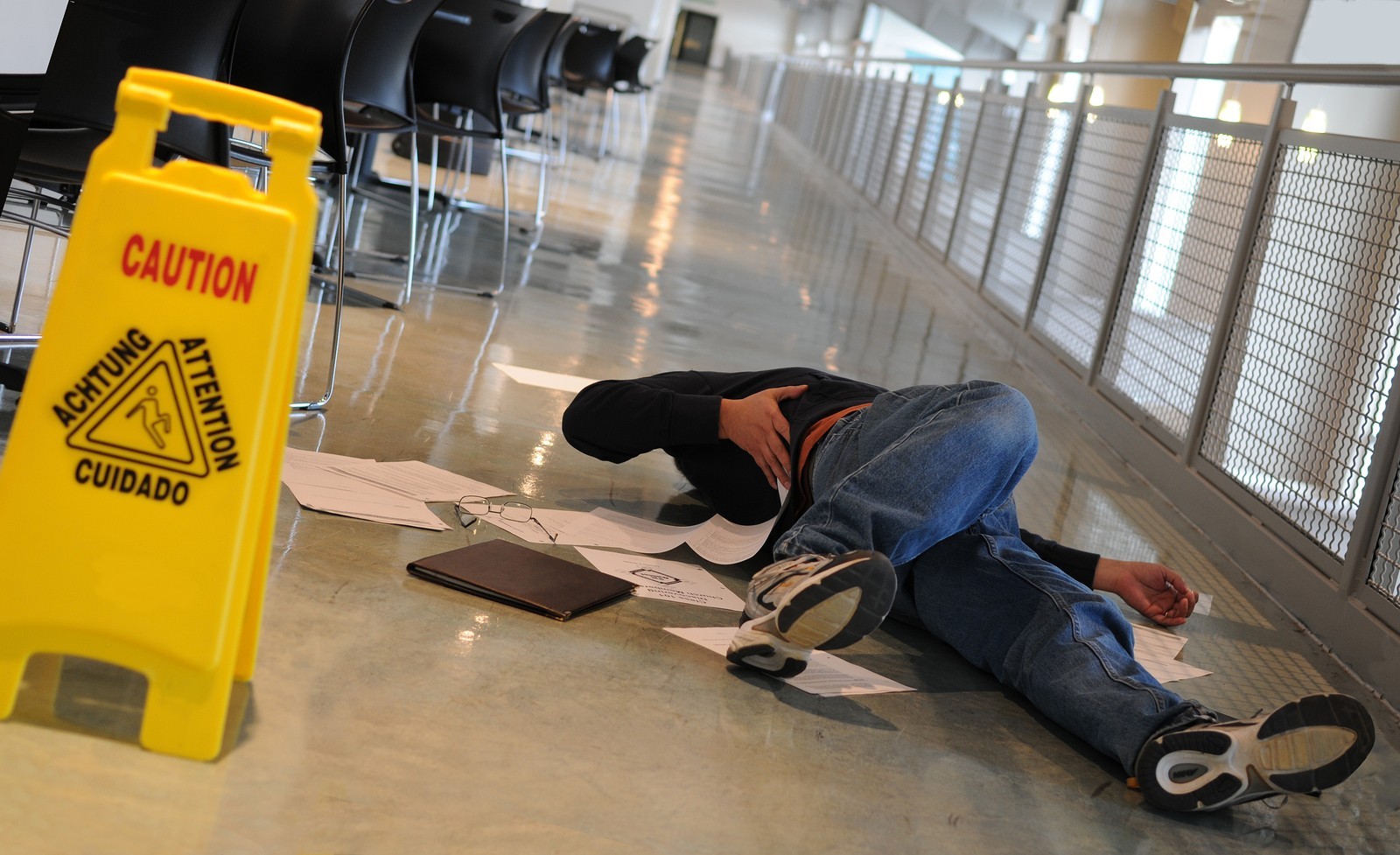According to Census data, there were more than 2.5 million apartments in New York City as of 2008. By 2014, less than a decade later, that number climbed to nearly 3.5 million. If you’re among the millions of renters who call New York home, you should know about your legal rights in the event that you are ever seriously injured in your building. As our Brooklyn slip and fall injury lawyers explain, there are some situations where landlords may be liable for compensating tenants for injuries sustained in or on the property.
When Are Landlords Responsible for Compensating Tenant Injuries in New York?
Landlords are sometimes, but not always, liable for accidents which injure tenants. Ultimately, it depends on the circumstances under which the accident and resulting injuries occurred.
To illustrate this point, imagine the following scenario. You come home to your apartment after a long day at work and head toward your kitchen to grab some dinner. On the way to your fridge, you trip over a shirt you left on the floor that morning, falling and breaking your nose. Were you severely injured in the apartment building? Yes. Is your landlord liable for that injury? No. The reason? Your landlord’s actions did not cause your accident to occur, nor could the landlord have foreseen or taken any actions to minimize or eliminate your risk of tripping over your shirt.

Now, let’s imagine a slightly different version of that scenario. Finally home from work, you head up your building’s main stairwell to let yourself into your unit on the third floor. As you are walking up the stairs, the toe of your shoe snags on a huge crack in one of the wooden steps, sending you tumbling down to the bottom landing and causing you to break your nose.
In both scenarios, the injury and even mechanism of injury are identical: our hypothetical tenant breaks their nose after tripping over a hazard and falling. But in the second scenario, unlike the first scenario, the landlord could potentially be liable for the tenant’s medical bills and other expenses.
Contact Our Queens Slip and Fall Accident Lawyers for a Free Legal Consultation
The difference lies in the foreseeable and preventable nature of the latter accident. Your landlord is not responsible for going into your apartment and keeping your floors tidy; however, he or she is responsible for keeping the building’s common areas – such as stairwells, elevators, lobbies, walkways, shared laundry areas, and lawns – reasonably safe and free of property hazards which could foreseeably cause accidents.
Landlords (and indeed all types of property owners) must provide adequate maintenance to repair hazards of which they were aware, or had reason to be aware, within a reasonable time frame. The negligent failure to do so is often the cause behind otherwise preventable slip and fall accidents, which are the most common type of premises liability claim.
Potential Injuries
Slip and fall accidents can be caused by a variety of avoidable property hazards, such as inadequate lighting, loose carpeting, broken walkways, and leaks. They can result in a range of very serious, potentially fatal injuries, including but not limited to:
- Bone Fractures – Broken bones are highly common in slip and fall accidents. Hand and wrist fractures are especially common because people instinctively thrust their arms outward to stop their fall. If they fall forward and are unable to put their hands out in time, they could break their nose, cheekbones, eye sockets, or collarbones. If their foot is snagged on something and cannot be freed in time, the victim could snap their ankle or break the small, delicate bones of the trapped foot, such as the tarsals, metatarsals, or phalanges. In elderly adults, accidental falls cause more than 95% of all pelvic fractures (broken hips), an extremely serious injury which increases the risk of mortality during the first year after the fracture.
- Sprains and Strains – A strain is a pulled or torn muscle, while a sprain is a pulled or torn ligament (a band of tough connective tissue linking bones and joints together). People tend to dismiss sprains and strains as minor injuries, but certain types, such as a torn ACL (the anterior cruciate ligament, which is located in the knee), are excruciatingly painful and often require surgery to repair.
- Traumatic Brain Injuries (TBI) – If the victim strikes their head or falls from a height, they could potentially sustain a traumatic brain injury, where the term “trauma” refers to an external blow or blunt force impact. Traumatic brain injuries can cause a host of permanently disabling cognitive impairments and health complications, including respiratory problems, difficulty forming memories, difficulty controlling movements, problems with balance, loss of sensation, and chronic headaches. TBI is sometimes accompanied by neck and spinal injuries, where a damaged or severed spinal cord results in paralysis.

New York City renters have legal rights. If you were recently injured in your apartment building and believe that your landlord’s negligence was the cause of your accident, you should review your claim with the New York premises liability attorneys of Sullivan & Galleshaw as soon as possible. You may be entitled to compensation.
Call our law offices at (718) 843-0300 to set up a free, completely confidential legal consultation. Our Queens personal injury lawyers are proud to represent tenants renting in Manhattan, Brooklyn, Queens, the Bronx, Staten Island, and throughout the greater New York metropolitan area.